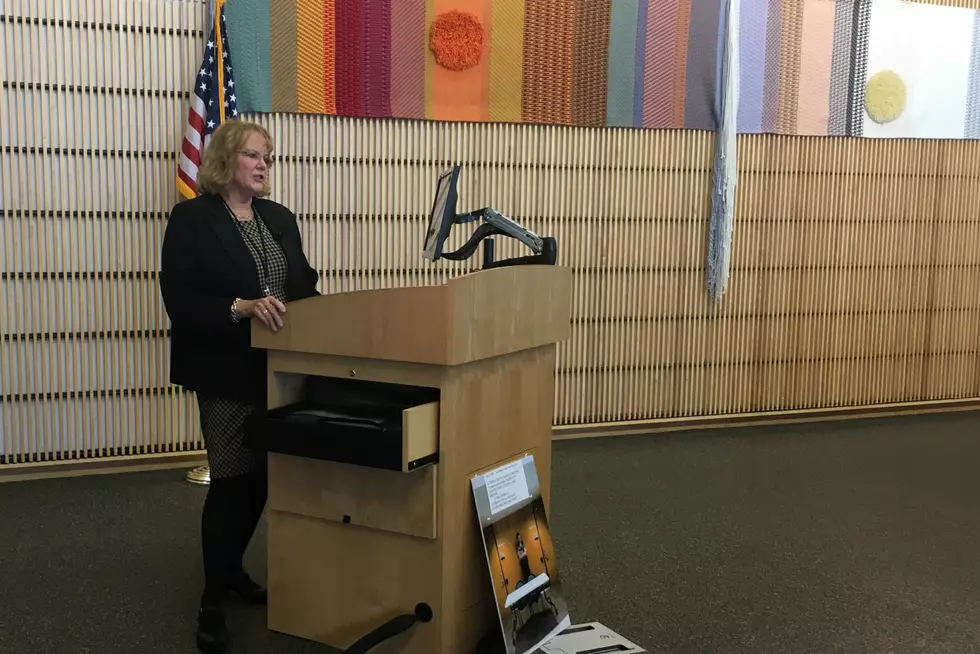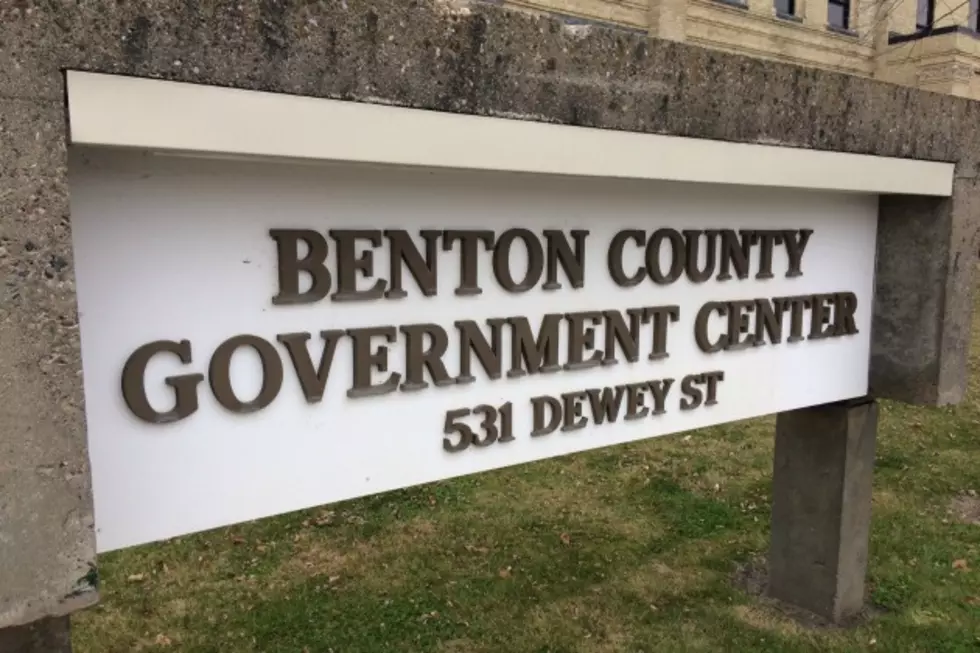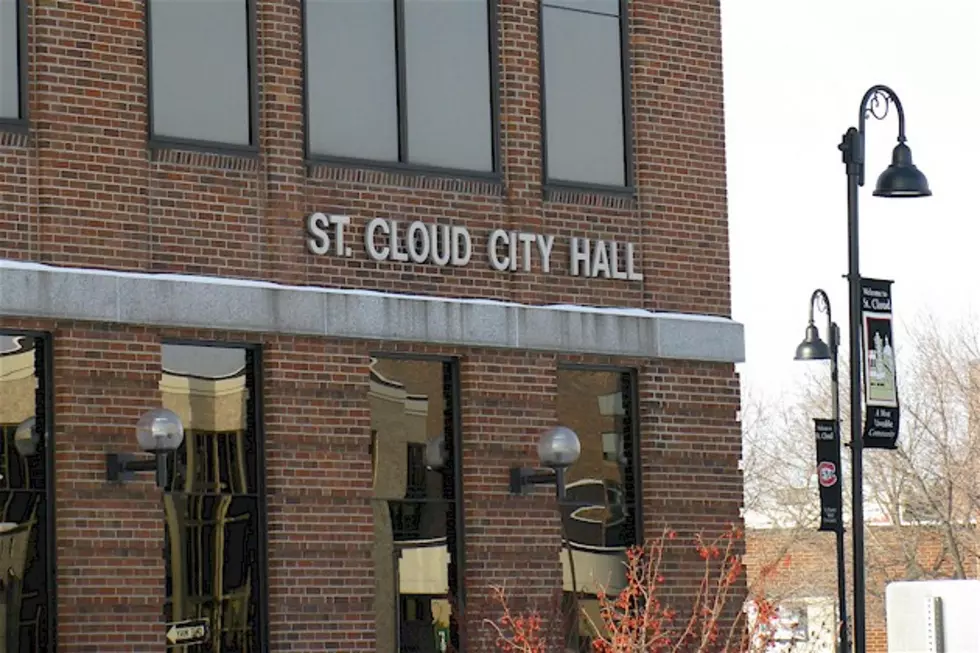
Immigration Reform Speaker Visits St. Cloud: ‘Somalians Aren’t Refugees’
ST. CLOUD -- Where do they go, who chooses what area they can resettle in and do you really know the definition of a refugee?
The National Field Director for the Federation for American Immigration Reform, Susan Tully spoke in St. Cloud Thursday about refugee resettlement, how it works and how St. Cloud residents can get more information on the topic.
Tully says first to understand the issue, you have to know the definition of refugee.
"Under US immigration law, a definition of a refugee is someone who fears for his life because of his religion, because of his race, because of some other persecution, not just being from a war-torn, civil war country. But the UN uses a different definition, which is one of the things we are going to be looking at in Washington DC with our group of experts. When did we advocate the duty of defining what a refugee is to the UN because their definition and US law definition are very different."
Because of the discrepancies of what defines a refugee, Tully claims Somalian immigrants are not refugees under US law.
"The Somali refugees that have been resettled in Minnesota, according to my legal experts, who have looked and this and said that they're not being persecuted because of their race, or their religion. In their counties they are the race, they are the religion. So they are merely migrants, people looking for a better way of life."
St. Cloud and other cities across the country are facing immigration issues, Tully says these cities, including St. Cloud can't handle the amount of refugees coming into their communities.
"What you're facing is an over saturation, too many people coming in to, especially small towns like St. Cloud, in too large of numbers and they're not actually assimilating. Now the people in the community are feeling overwhelmed by having to deal with the financial part that goes with this [resettlement of refugees]."
When it comes to refugee resettlement, Tully says people in these towns, that have a large refugee population, are most concerned with cost.
"Refugee resettlement in particular allows refugees to go on to the welfare role so that directly affects the local people. There's a concern that enough is enough. So what they're saying is we want them to go somewhere else, we want them to be resettled somewhere else."
Getting answers about where refugees will be settling, financial implications of the resettlement and other resources on how the refugee population will affect the city, Tully says is hard to find and it's frustrating residents.
"You have these organizations that do the resettling that won't speak to them. They won't invite them into their meetings. They aren't meeting with local officials and inviting them in and saying, 'where are we, how is the capacity.' [Capacity], that is a key word, what is the capacity, how many more can you assimilate, how many more can you take, how many more can you afford? - and that's not happening and it's a requirement of federal law."
In St. Cloud, the refugee resettlement topic has been brought up to the city council and residents are still searching for answers. Tully says if residents questions, including how many refugees are entering their towns go unanswered, the residents need to take a stand.
"What we're talking about, under the law which has happened before, is a moratorium on refugee resettlement until those numbers are brought forward."
Tully advised residents to work closely with their city councils and if their council members are reluctant to help, they should start a recall petition.
Tully spoke inside the Mississippi Room at the St. Cloud Public Library. The event was not hosted by the library.
More From AM 1240 WJON

![Relay for Immigration Reform Passes Through Minnesota [GALLERY]](http://townsquare.media/site/67/files/2021/04/DSC08117.jpg?w=980&q=75)







